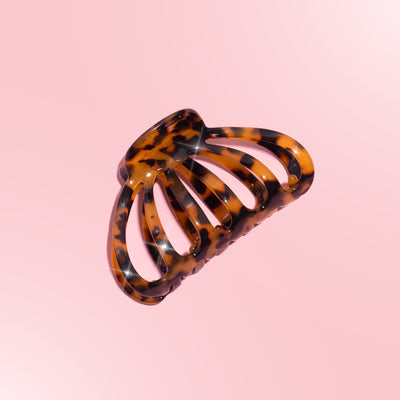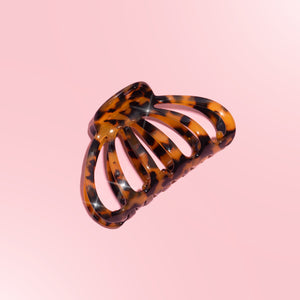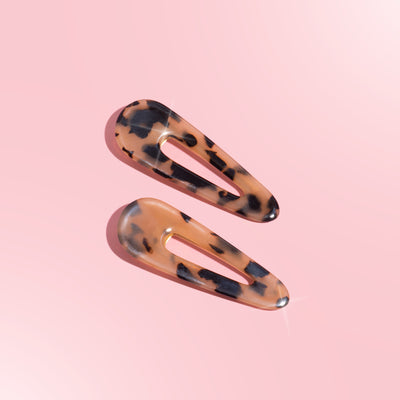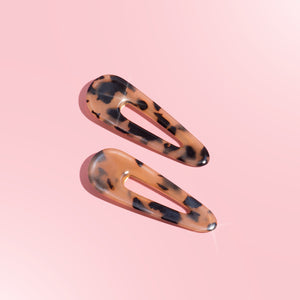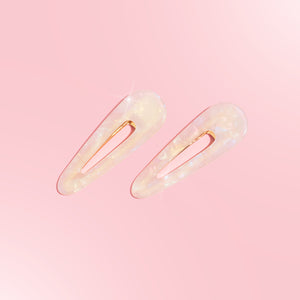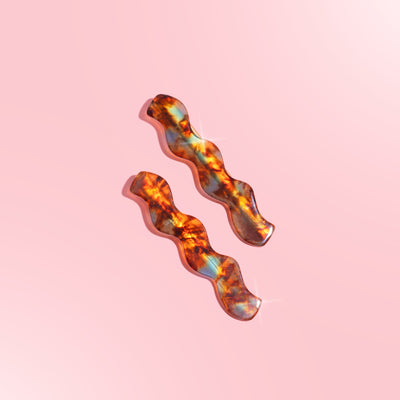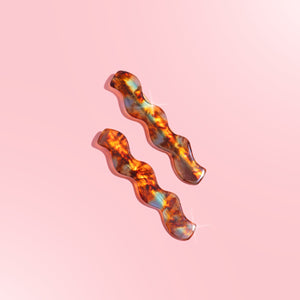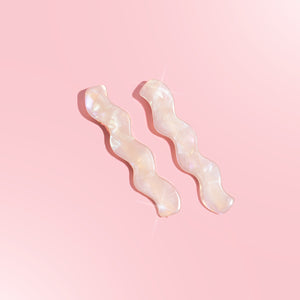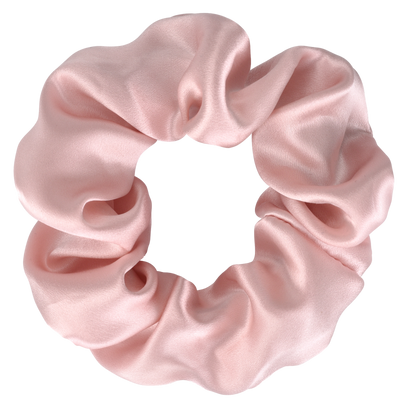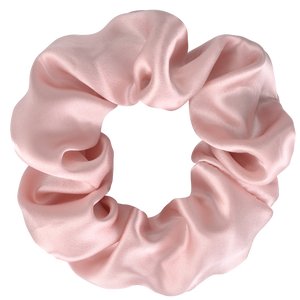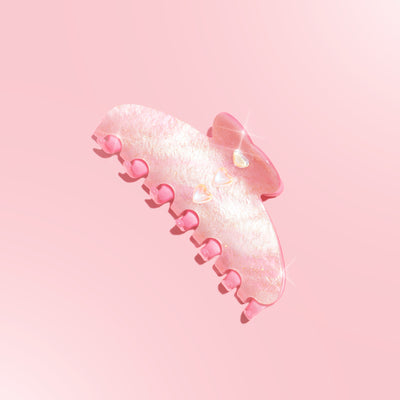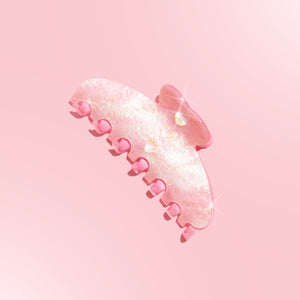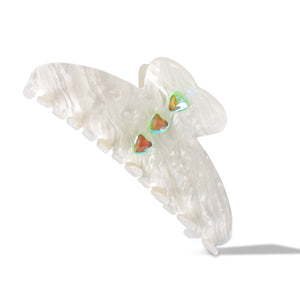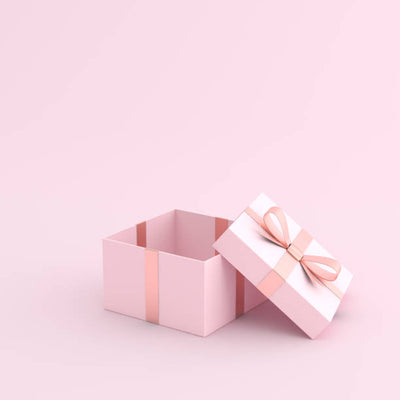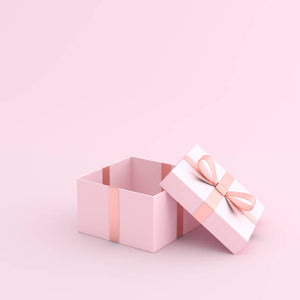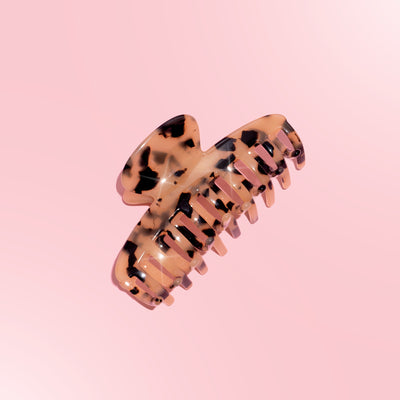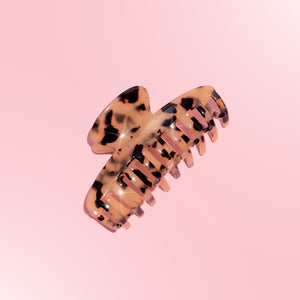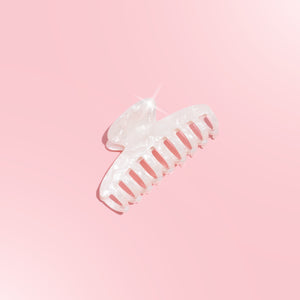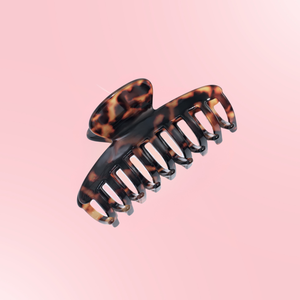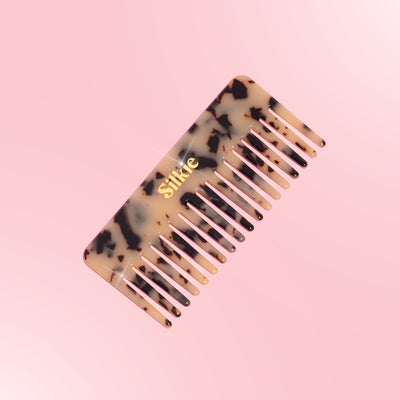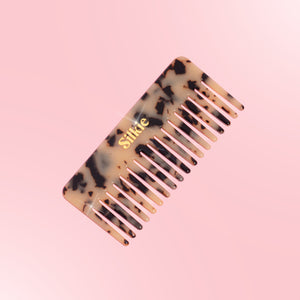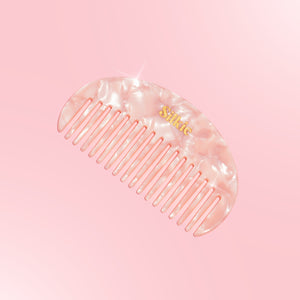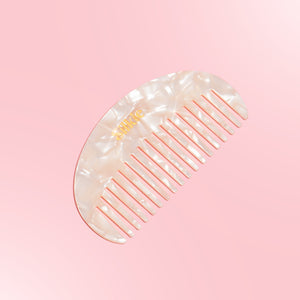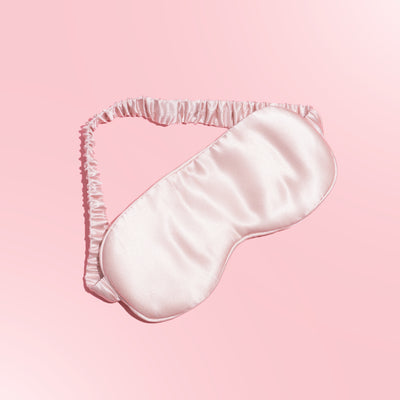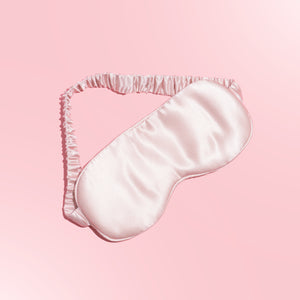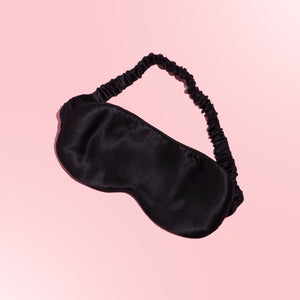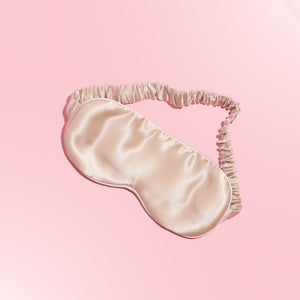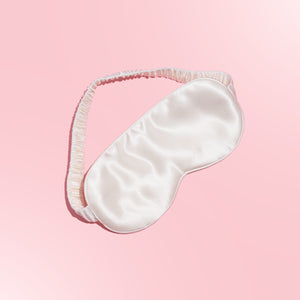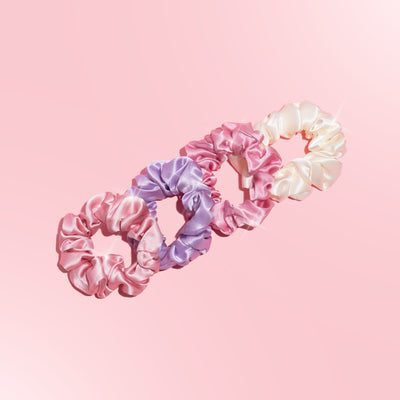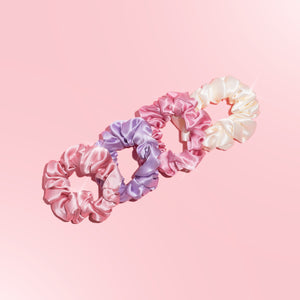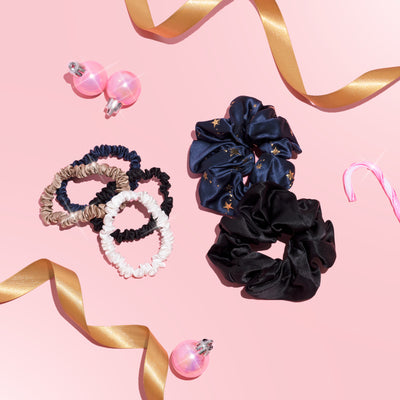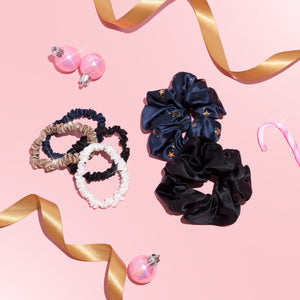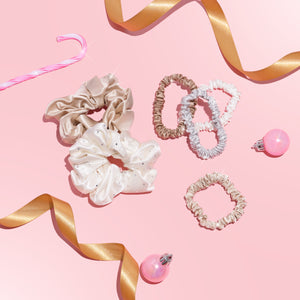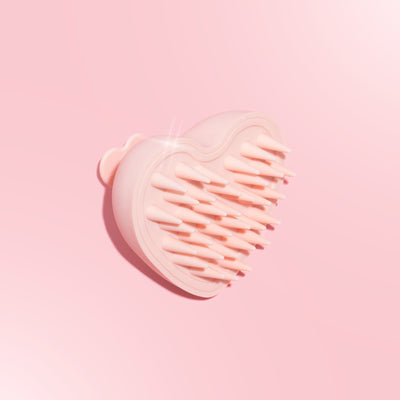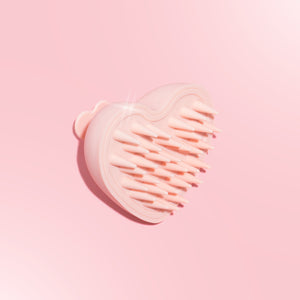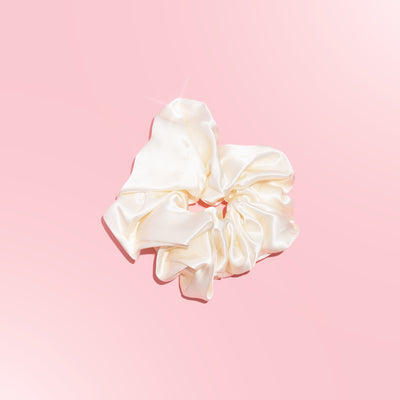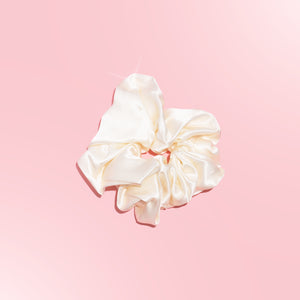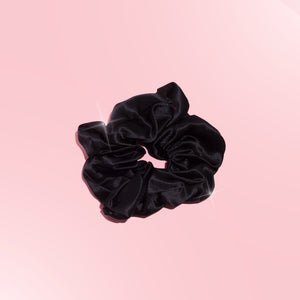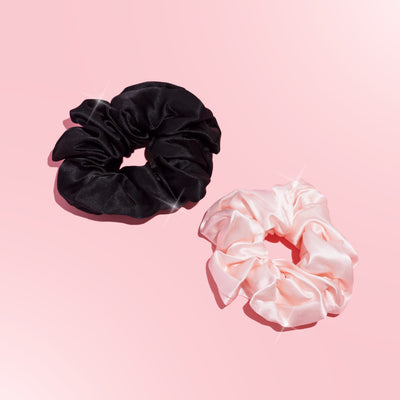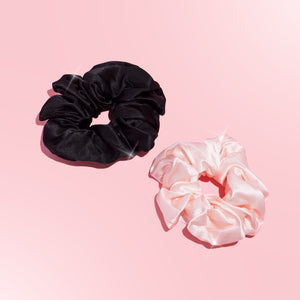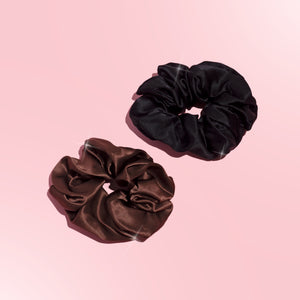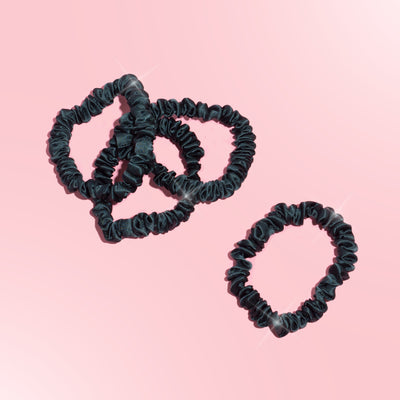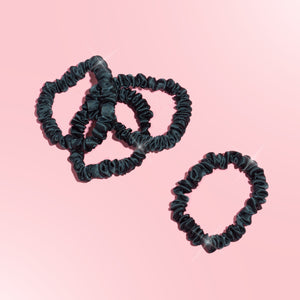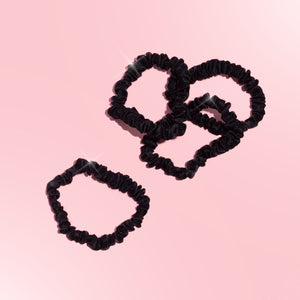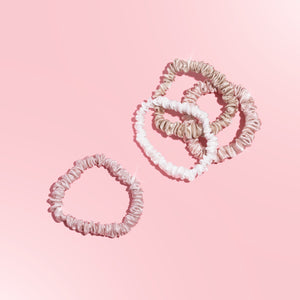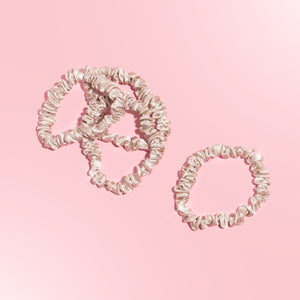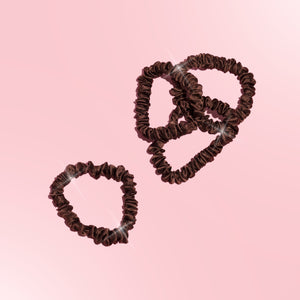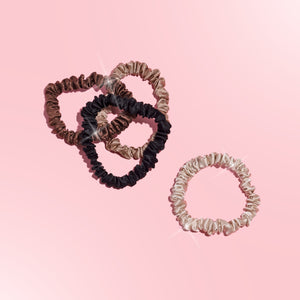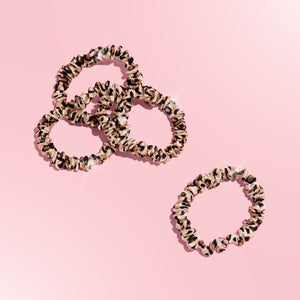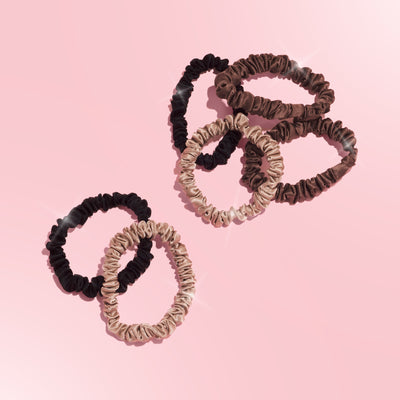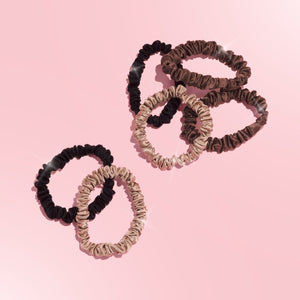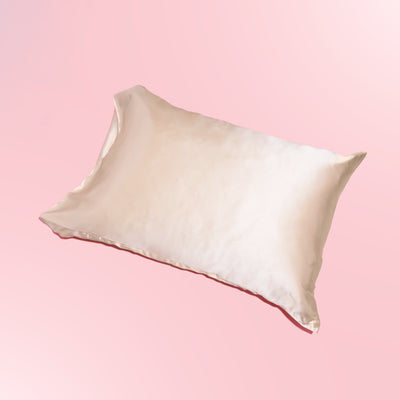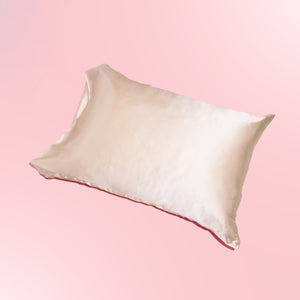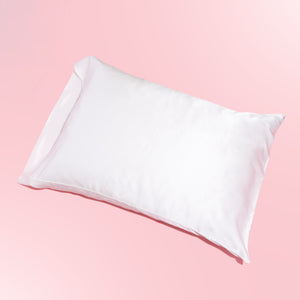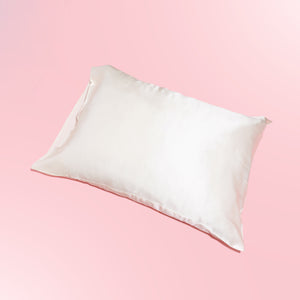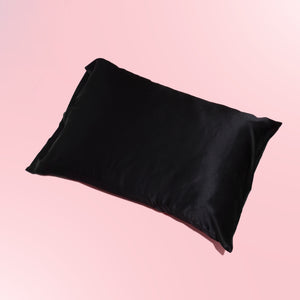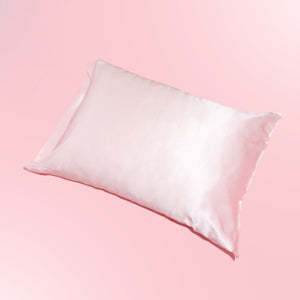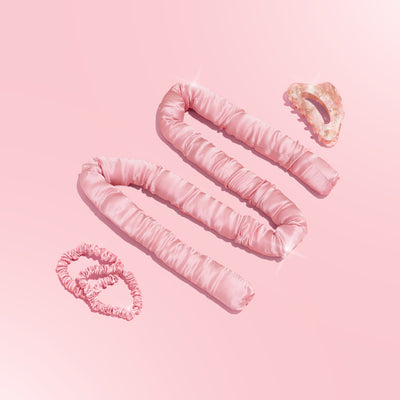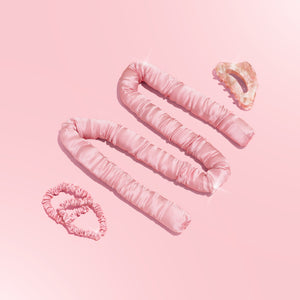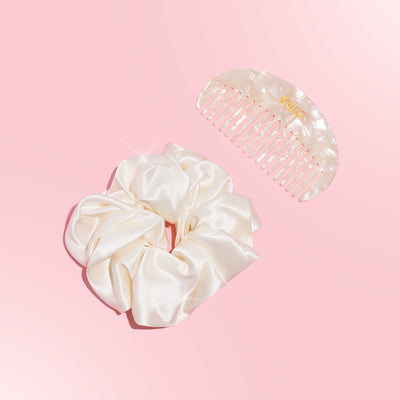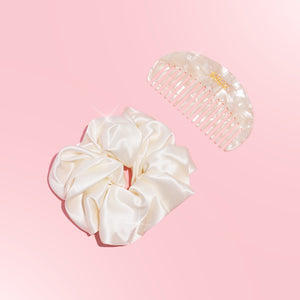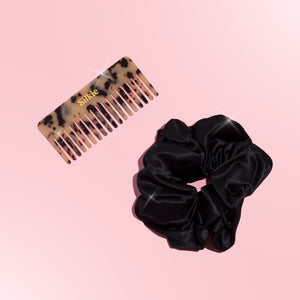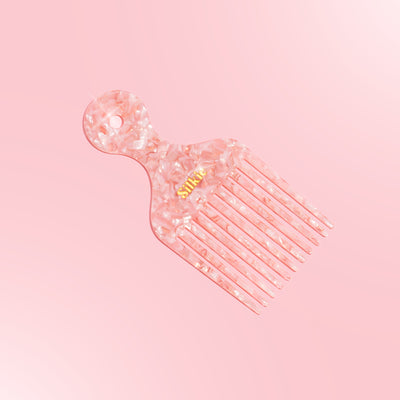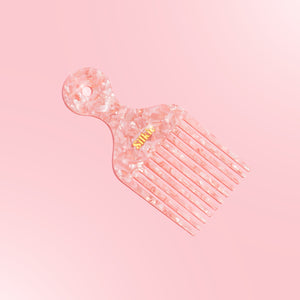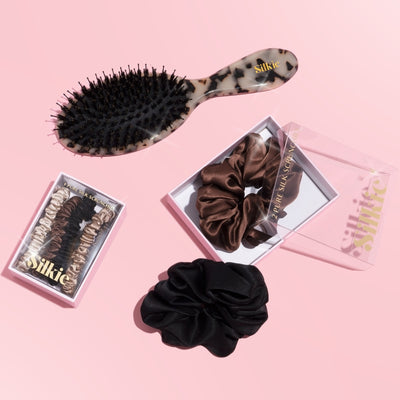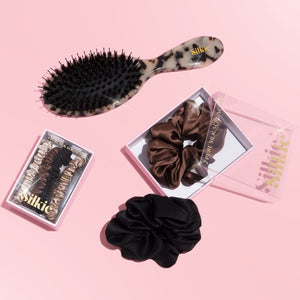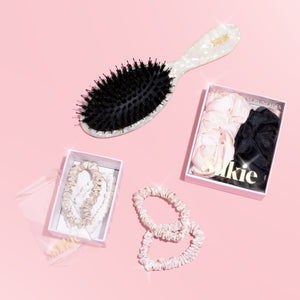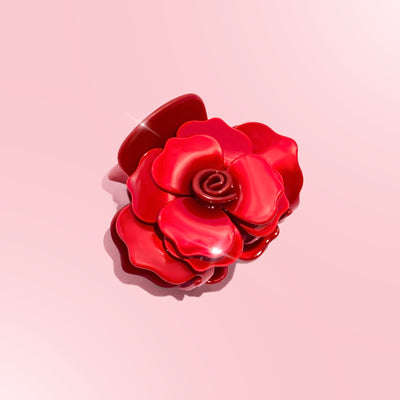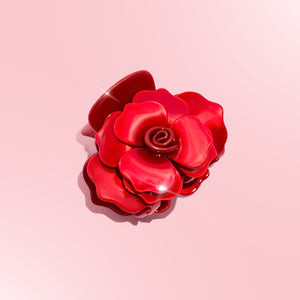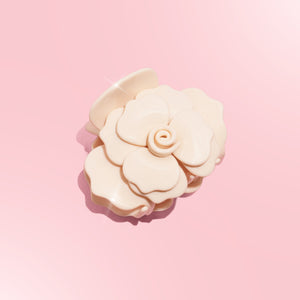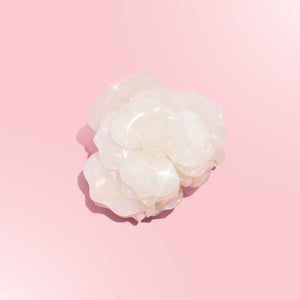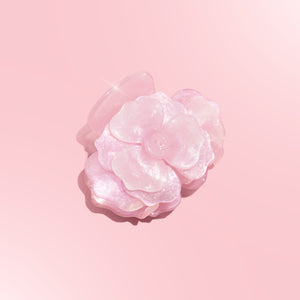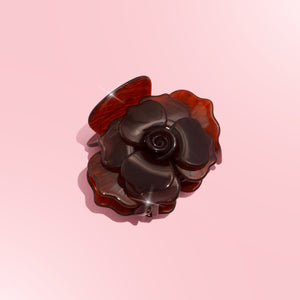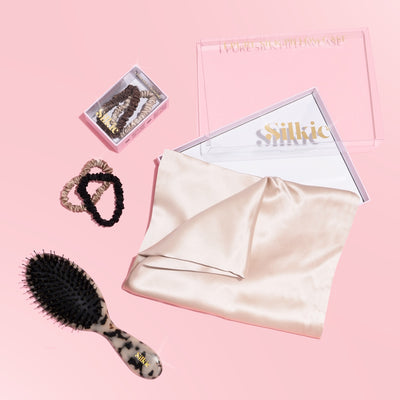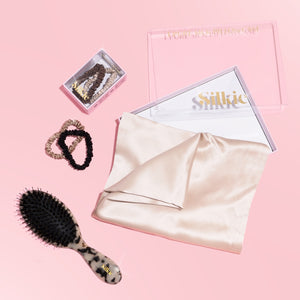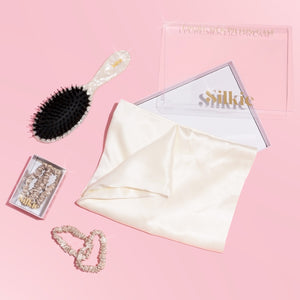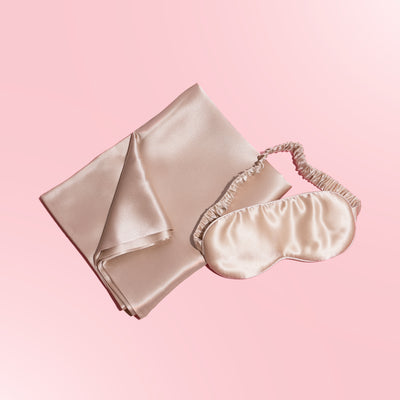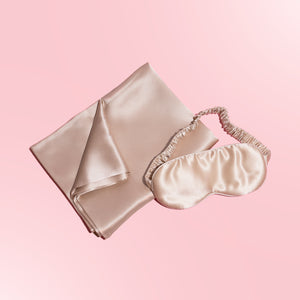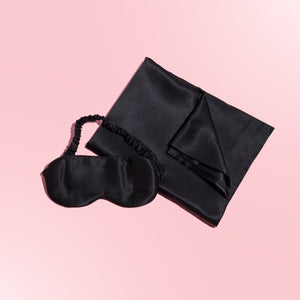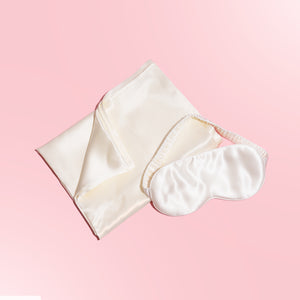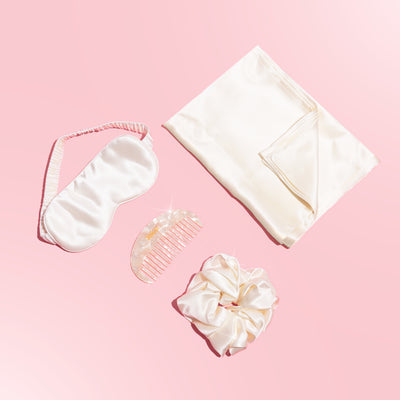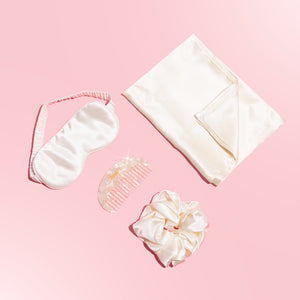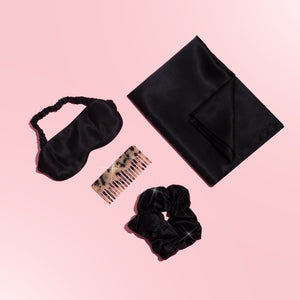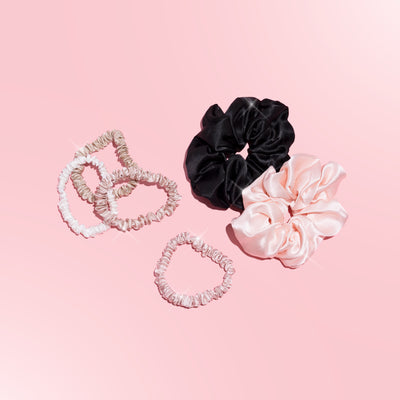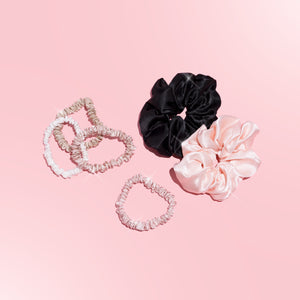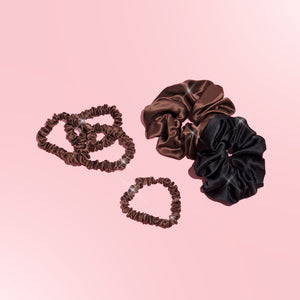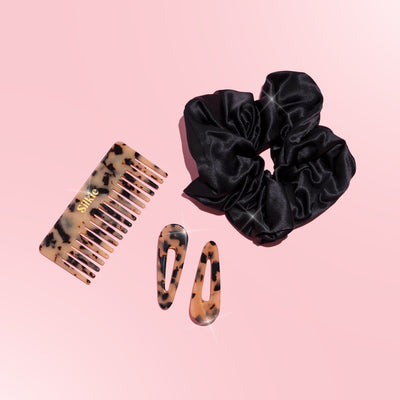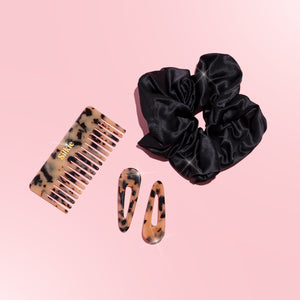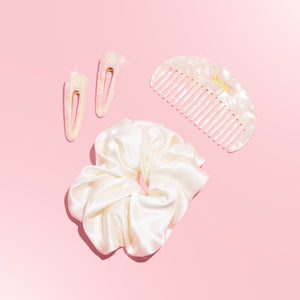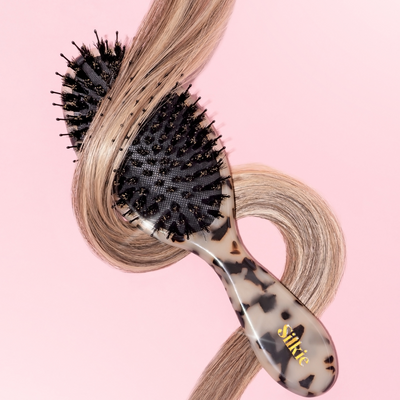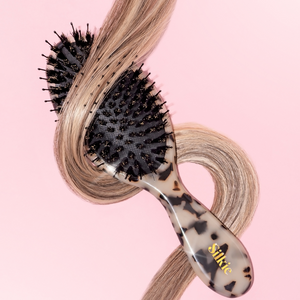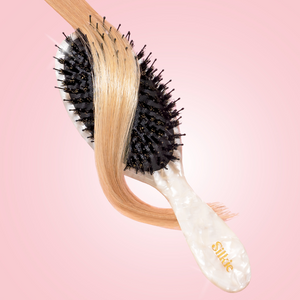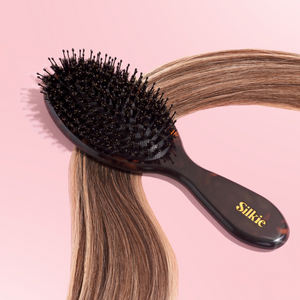The Link Between Sleep Position and Hair Damage: What You Need to Know
We talk a lot about products. Hair masks. Serums. Brushes. But here’s the quiet truth no one tells you—your sleep position might be sabotaging your hair.
That’s right. The way you sleep could be causing more breakage, dryness, and split ends than you think.
Let’s get into it.
Why Sleep Position Matters for Your Hair
When you sleep, your hair isn’t just chilling peacefully on your pillow. It’s twisting, tugging, rubbing—and all that friction adds up.
If you sleep on your side or stomach, chances are your hair is being pressed and dragged across your pillowcase for hours. Every toss and turn creates tension and friction, which can:
-
Rough up your cuticle
-
Lead to frizz
-
Cause breakage near the crown or ends
-
Trigger tangles that are a pain to deal with in the morning
Meanwhile, back sleepers tend to experience less damage because their hair isn’t being crushed between their body and the pillow. But let’s be real—not everyone can (or wants to) sleep flat on their back all night.
So what can you do?
The Solution: Gentle Materials and Smarter Sleep Habits
Here’s the good news: you don’t have to change your entire sleep style to protect your hair. You just need to make a few strategic upgrades.
1. Sleep on a Silk Pillowcase
This one’s non-negotiable if you want healthier hair. Unlike cotton, silk doesn’t create friction. It lets your hair glide smoothly, even if you toss and turn all night.
Silkie's 100% pure mulberry silk pillowcases are the perfect blend of beauty and function. They protect your strands, help prevent split ends, and even keep hairstyles intact longer. Shop them at www.shopsilkie.com and say goodbye to morning frizz.
2. Use Protective Hairstyles
Loose braids, low ponytails with a Silkie silk scrunchie, or even a silk bonnet can make a huge difference. These reduce movement, minimize tangles, and prevent breakage at the roots and ends.
3. Avoid Sleeping with Wet Hair
Hair is more fragile when it’s wet, and if you’re pressing it into your pillow while damp? That’s a recipe for serious damage. Let your hair dry or gently diffuse before bed.
4. Back Sleeping Helps—but It’s Not Everything
Yes, sleeping on your back can minimize pressure on your hair. But it’s only effective if you’re also using the right pillowcase. Even a back sleeper can experience breakage with a rough cotton surface.
Spotting the Signs of Sleep-Related Hair Damage
Think your sleep position might be hurting your strands? Look out for:
-
Breakage along the side you usually sleep on
-
Excessive tangles in the morning
-
Dryness or split ends that worsen overnight
-
Frizz that no product seems to tame
If that sounds familiar, your pillow—and your sleeping habits—might be the root of the problem.
Final Thoughts: It’s Not Just What You Do During the Day
Haircare doesn't end when your head hits the pillow. In fact, nighttime is one of the most important parts of your routine, because that's when your hair is most vulnerable.
By switching to a Silkie silk pillowcase, protecting your strands with gentle accessories, and adjusting your sleep habits, you’ll start to see less damage and more shine—without changing your lifestyle.
Give your hair the overnight care it deserves.
Start with Silkie. Explore the collection at www.shopsilkie.com and wake up to better hair days.
